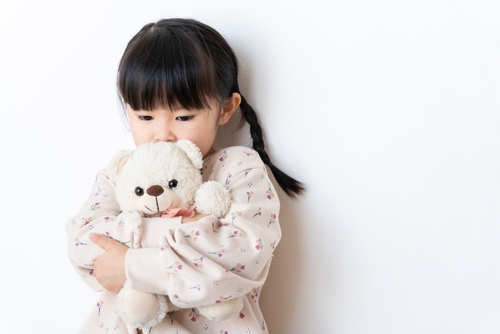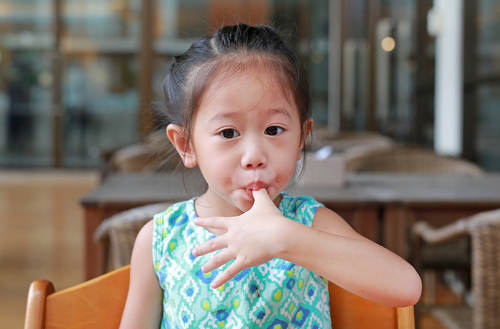
Enjoy Traveling During the Summer Vacation – What Else Besides Just Having Fun?
The summer holidays are here, and many parents choose to travel with their children during this long break, not only to spend quality time together, but also to rejuvenate. I wonder if there are any other reasons why people choose to travel during the summer? Some may say that traveling can also broaden children’s horizons. Indeed, “it is better to travel ten thousand miles than to read ten thousand books.” If children have firsthand experiences, they will likely have a deeper understanding of the knowledge they have learned. For example, when children learn about the Great Wall of China, visiting the site in person would allow them to truly appreciate the grandeur of this architectural marvel in human history. When choosing travel destinations, I also consider whether they align with my daughter’s learning content. For instance, when she is studying different types of animals, I will include a visit to the zoo during our trip, so that she can interact with various animals directly, which is much more engaging than learning from books or TV alone. I highly value the several days we spend traveling, as it allows for extended quality time together. By observing my daughter closely during these days, I can gain deeper insights into her. When my daughter was younger, I would pay particular attention to the following aspects during our travels: (1) How the child interacts with strangers During travels, children encounter various unfamiliar people. How does my daughter behave in such situations? Does she proactively






